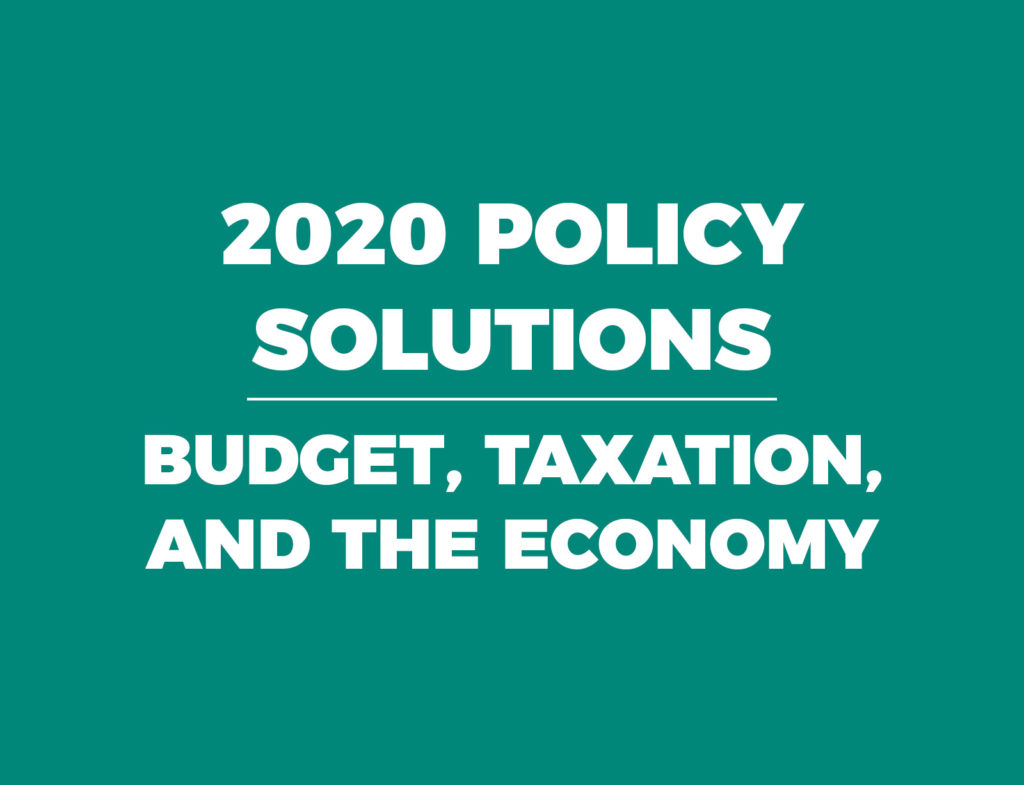Introduction
Updated as of January 2020.
North Carolina’s minimum wage is tied to the federal minimum wage, which is currently $7.25 per hour. Except in the case of tipped workers, employers in this state cannot pay workers below that level. In recent years, some Democrats, activists, and editorial boards have sought to raise the minimum wage by more than double, to $15 per hour.
The minimum wage is a government policy intended to bring about a certain outcome: to raise the ability for the poorest among us to meet their needs by having a higher per-hour wage. But it’s not enough to have good intentions. Responsible policymakers should make sure a public policy intended to help the poor actually helps the poor. Research points us to the opposite conclusion. The expectation that higher minimum wages have net negative effects is clearly in the mainstream of economic thinking on the subject.
Raising the minimum wage, especially to the arbitrary but politically popular figure of $15 per hour, would represent a significant increase in labor costs faced by employers. This increase would fall hardest on poorer areas and small businesses. It would create hard choices for affected employers: Do they cut people’s hours to retain as many workers as before? Do they choose to automate? Do they cut employee benefits? Do they require employees to possess greater skills and more formal education than before? Do they go out of business? Those hard choices point to the reality of minimum-wage hikes.
All that a minimum wage increase can do is raise the lowest wage that can be paid to a worker for an hour of work.
A higher minimum wage cannot keep labor costs what they were before the hike. It cannot increase the skill level of any worker. Or expand payrolls. Or keep work hours the same as before. It cannot keep jobs available to first-time and low-skilled workers the same as before. Or prevent automation from becoming a cheaper alternative to human labor. Or prevent inflation from destroying gains in people’s income. A higher minimum wage cannot help young people find work and stay out of mischief. Nor can it keep employers in business despite sharply rising labor prices.
While minimum-wage hikes can help some low-income workers, they also hurt the very people they’re supposed to help: the poorest, the least skilled, and the disadvantaged.
Key Facts
- Only 3.1 percent of workers in North Carolina are paid at or below the minimum wage. Most minimum-wage workers are new to the workforce, often unproven, and often not educated beyond high school. But nearly half the workforce in North Carolina earns less than $15 per hour.
- More than doubling the minimum wage to $15 per hour would result in a significant increase in labor costs statewide, affecting nearly half the state’s workforce. Research from the Heritage Foundation estimated that raising the minimum wage to $15 per hour would cost over 330,000 jobs in North Carolina.
- Surveys of economists by the Employment Policies Institute show that large majorities of economists believe a $15 per-hour minimum wage would result in lost jobs, more skills required to get any job (even entry-level jobs), fewer young people finding work, and more small business closings. Furthermore, almost no economists expect positive changes from hiking the minimum wage to $15 per hour. In fact, 3 percent or fewer expected it would create jobs, increase youth employment, create better outcomes for lower-skilled job seekers, or help small businesses stay afloat.
- Research into Seattle’s minimum-wage increase found there were over 5,000 fewer low-wage jobs, fewer hours worked in low-wage jobs, and, most importantly, lower earnings for those in low-wage jobs. Experienced workers saw their hours cut, but they offset this loss by finding additional work outside the city. Less experienced workers saw no gains. Also, people out of work stayed out of work, leading to a significant reduction in people joining the workforce.
- Other recent economic research on minimum-wage increases found the following: price inflation in groceries alone erased most of the gain for the poorest workers; most of the costs of the increases fell on the poor; fewer jobs for teens and fewer hours worked by those teens with jobs; greater crime rates among 16-to-24-year-olds, costing society nearly $2.4 billion; and complete ineffectiveness in fighting poverty.
Recommendations
- Keep the state minimum wage no higher than the federal minimum wage. Impose no greater harm on the poorest, least-experienced, and least-skilled workers in North Carolina.



